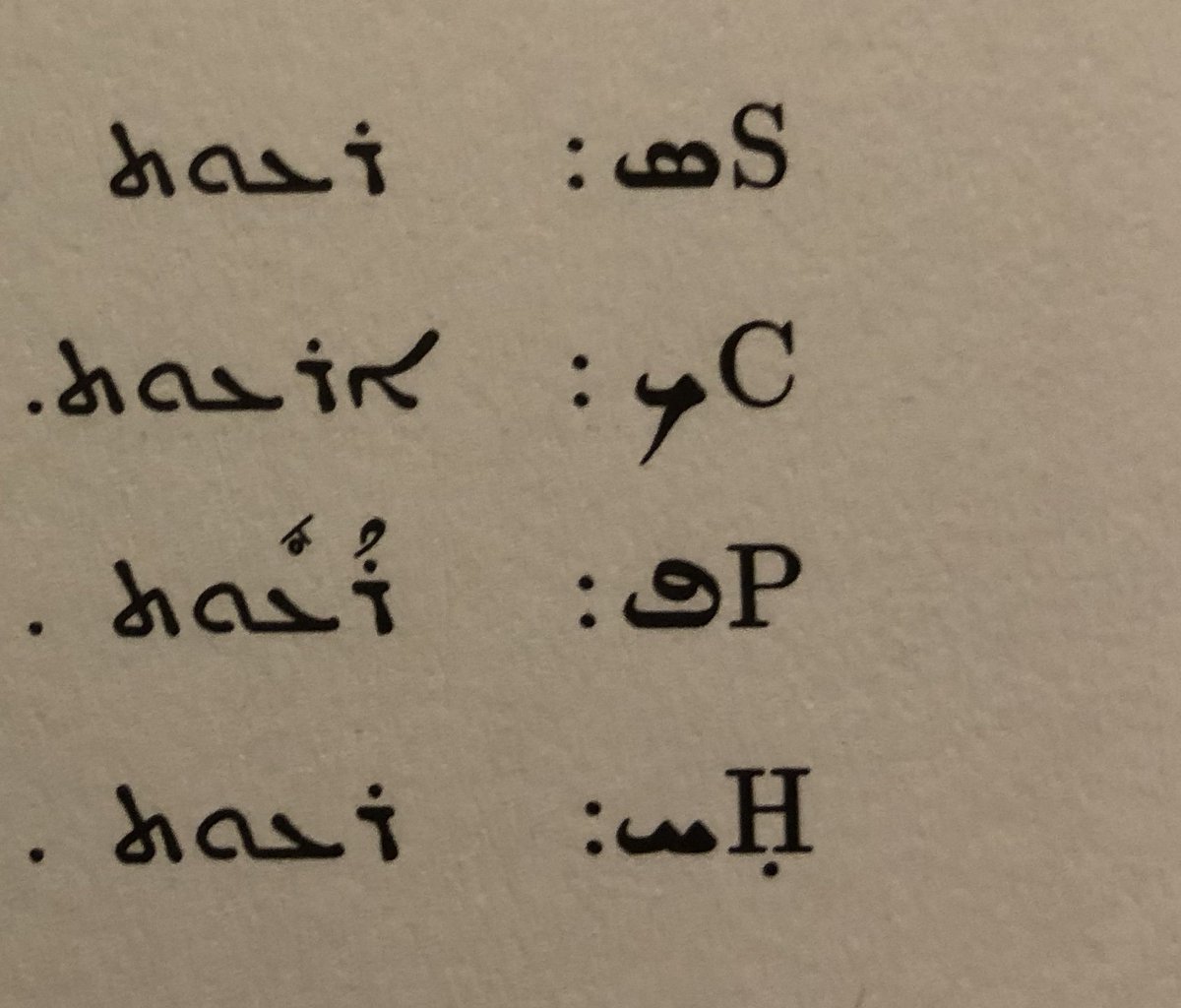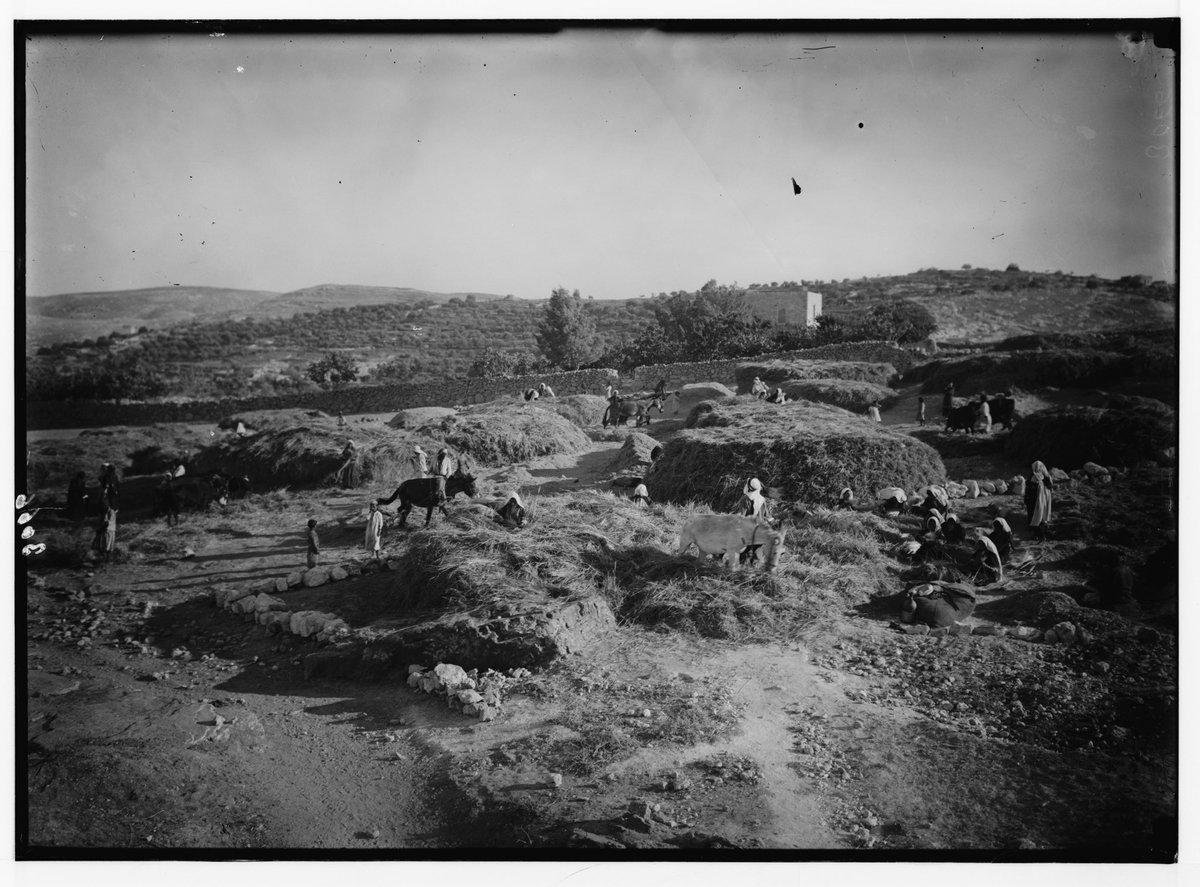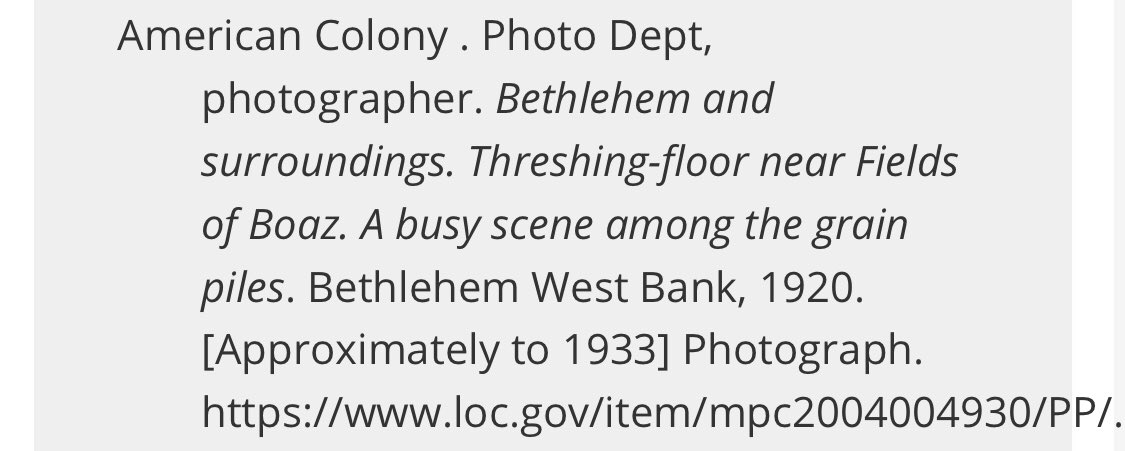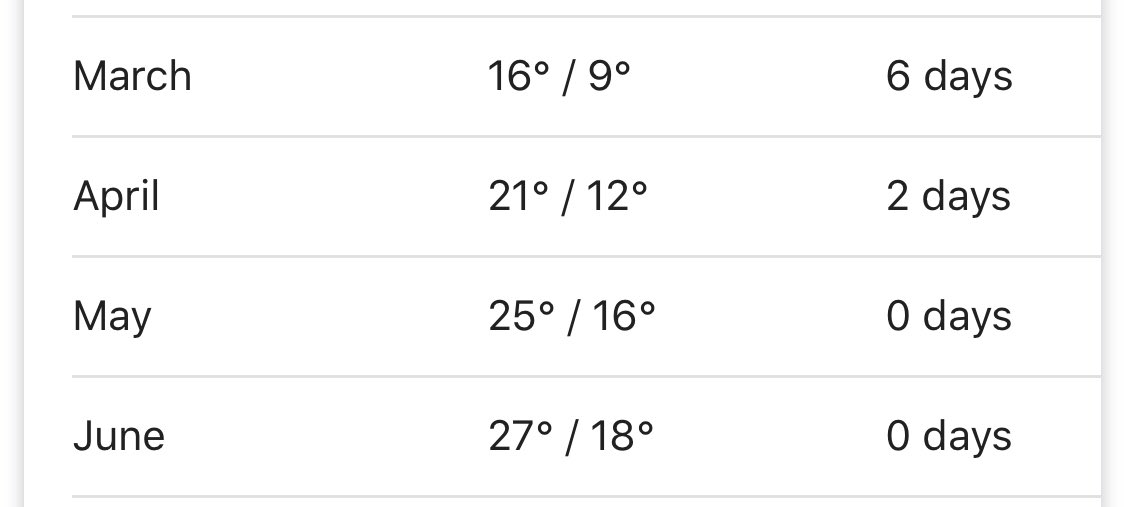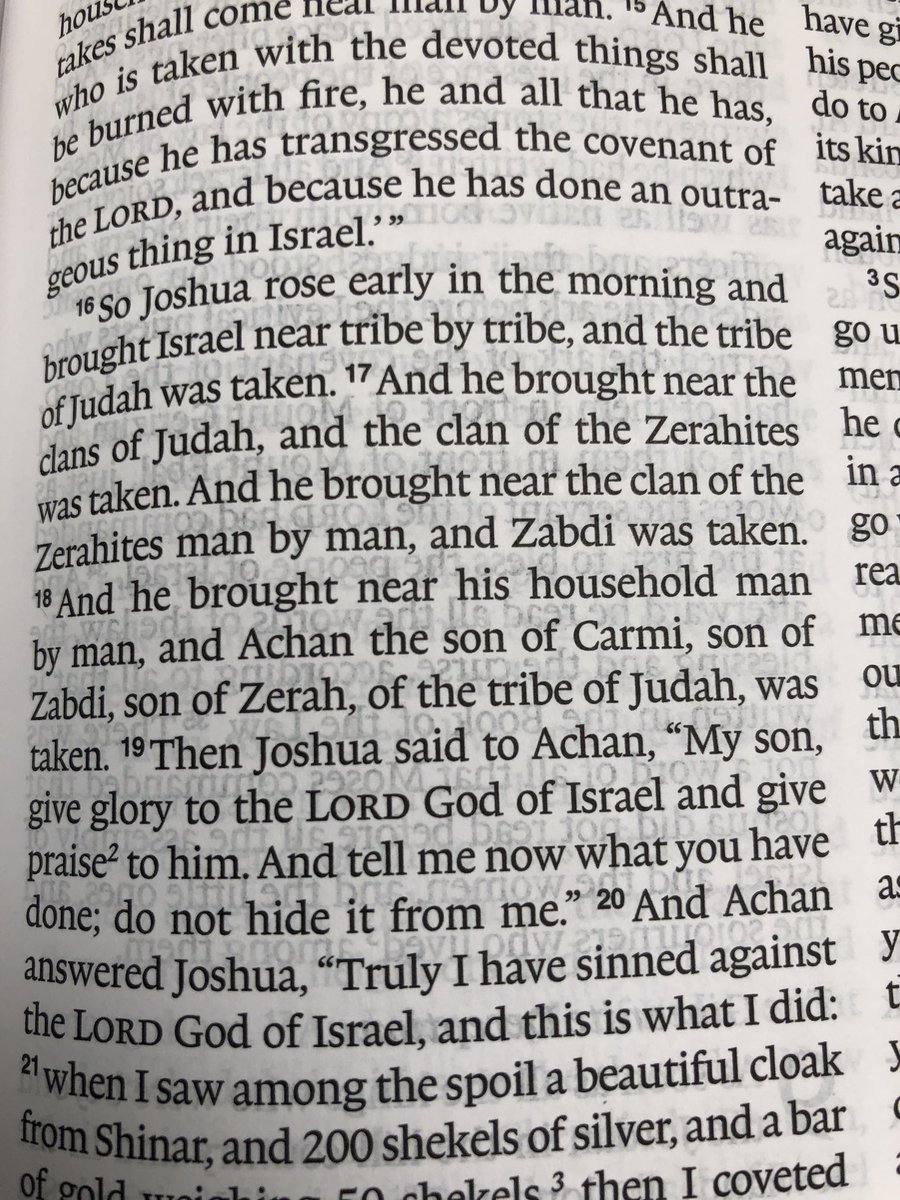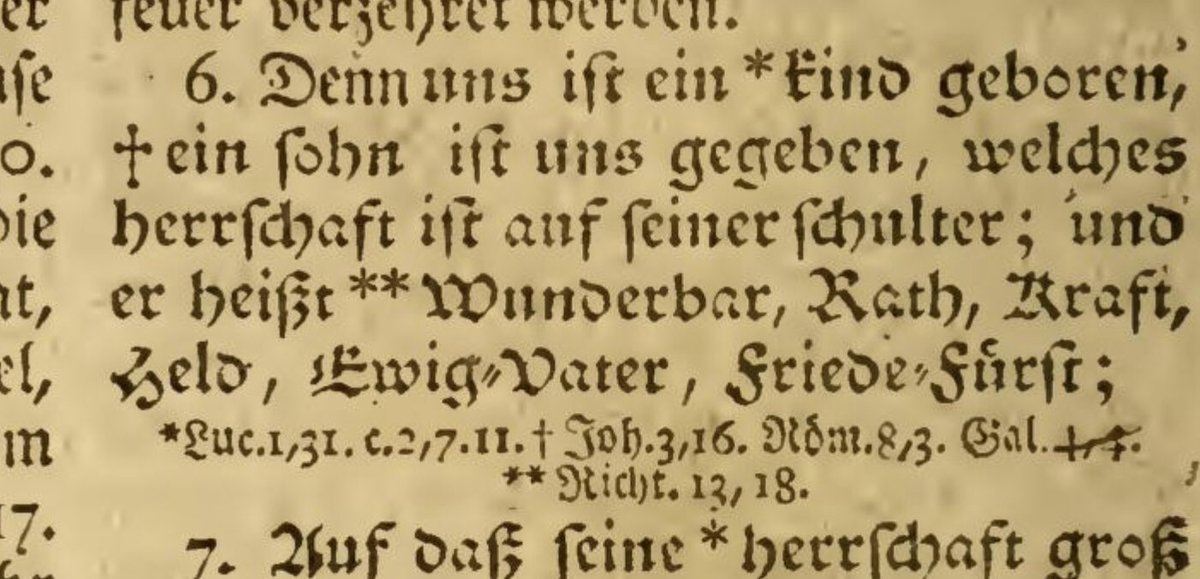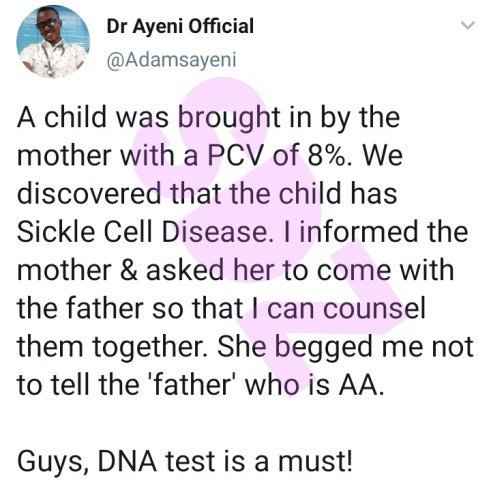Begins as if it's going to be a story about a man:
'In the days when the judges judged there was a famine in the land, and a MAN of Bethlehem in Judah went to sojourn in the country of Moab, HE and HIS wife and HIS two sons.'
as they do in Genesis 12:10--the 1st time either term occurs in the Bible.
So we're in an Abraham-like situation.
A man is on the move, with his family, away from famine, to sojourn in another country.
We have 2 reasons to think names in this book bear significant meanings:
2) All 7 major characters (arguably) have names fitting their role:
Elimelech 'my God is king' (story about God's control)
Naomi 'sweetness'
Mahlon 'sickness' (dies)
Chilion 'consumption' (dies)
Orpah 'back of neck' (turns away)
Ruth 'friendship' (probably)
Boaz 'in him is strength'
Remember whenever you see the word 'Ephrathite' (from Ephrath) that it's the same Hebrew form as 'Ephraimite' (from Ephraim).
Latin distinguishes Ephratheus (Ruth 1:2) from Ephrateus (Judges 12:5)
They link deeply in other ways.
by telling of Boaz's more noble treatment of a woman alone at night.
#notallmen
V. 2 tells us his name
V. 3 tells us he's dead
So this will be a different story.
From 1:3 Naomi is the focus & she is bereaved.
The family goes from 4 down to 3.
The narrator deliberately avoids telling us who married whom.
Based on order we might think M + O & C + R were pairs.
We go through the whole story not knowing.
At the end (4:10) this assumption is shown to be wrong.
Because the men (for once) are not the focus.
The family goes up from 3 to 5.
And they stay in Moab for 10 years.
Here as in Genesis 16:3 10 years of sojourning is connected with the taking of out-group wives (Moabites here, Egyptian Hagar in Genesis).
Family goes down from 5 to 3.
Also, these 3 have no connection now except through the deceased.
The narrative doesn't comment on the bereavement of the two daughters-in-law, but on Naomi's bereavement.
She's lost the 3 people she had a blood-connection with
& is left with 2 unconnected, foreign daughters-in-law.
Her situation looks bad
(SPOILER: only if you underestimate God, or what he's going to do through Ruth)
The 1st time the term 'visit' (פקד) occurs is also in the Abraham narrative: God visiting Sarah (Genesis 21:1).
1:7 All three women set off to go to Judah.
Naomi wishes that God may show 'kindness' (hesed חֶסֶד), the 1st occurrence of an important theme word for this book.
She kisses.
They cry.
1:10 Naomi's initial persuasion has not yet worked.
The 2 insist they will still come with her to Judah.
Now she mounts her arguments.
2) she's too old to marry
3) even (in the unlikely situation) she were to decide there was hope & find a husband that night & bear sons, it would be a long wait before they'd be available.
Given past record of God's dealing with her, any ground for optimism is cut off.
1st weeping.
Then Orpah initiates goodbye kiss.
But, astonishingly, Ruth 'clings to' Naomi.
It's famous, of course, from Genesis 2:24: the paradigm of a man 'cleaving to' (older English) his wife.
Ruth sticks to Naomi in a way which is partially analogous to the close tie of marriage.
She uses Orpah as an example.
“See, your sister-in-law has gone back to her people and to her gods; return after your sister-in-law.”
Ruth responds:
Where you die I will die, and there will I be buried. May the Lord do so to me and more also if anything but death parts me from you.”
Now that's friendship.
TBC
But it also stresses her inseparability from Naomi:
Nothing but death will separate them & even then her body will join Naomi’s.
She just ceases verbally to dissent.
There’s not much more to say.
1:19 traces their journey back to Bethlehem as if it were in silence.
When they return the noun ‘women’ does not occur, but in 1:19 the verb in ‘they said, “Is this Naomi?”’ is feminine plural.
Naomi’s address ‘Don’t call me Naomi’ (1:20) is again feminine plural.
From her perspective
she went out ‘full’ (during famine!)
she came back ‘empty’ (at harvest!)
Quantity of food around is inverse to her perspective.
But the chapter ends noting that barley harvest is just beginning.
The harvest of her suffering is yet to come.
Psalm 126:5 ‘Those who sow in tears shall reap with shouts of joy!’
Chapter division is in a good place.
The grammar of the opening marks a disjunction with what precedes & we have a new major character:
Boaz
In 3:11 Boaz will use the equivalent female expression for Ruth: ēsheth hayil
These 2 noble characters (under God) turn around Naomi’s plight.
Without either one’s virtue, the story would not end happily.
2:3 a rare ‘chance’-type phrase in the Bible: ‘she happened to come to the division of field belonging to Boaz’. A similar phrase occurs in Luke 10:31.
‘Yhwh be with you’
‘May Yhwh bless you’
Which, of course, happens in this story.
‘Whose is this young girl?’
The foreman identifies her as a Moabite who has returned with Naomi, but (unusually) doesn’t socially belong to her or anyone else.
This may be a bit more than she’d indicated to Naomi in 2:2. We’ll see in 3:9 how Ruth pushes boundaries (to good effect).
The difficulty is the meaning of the words translated ‘bundle’ or ‘sheaf’.
עמר ‘ōmer in 2:7
צבת tseveth in 2:16
אלמה alummāh in Genesis 37:7
All get translated ‘bundle’ or ‘sheaf’
Is there a difference?
NB most western Bible translators are ‘townies’ & may miss such things.
So I’m wanting someone to clarify the semantics of bundles.
Literally he says ‘Have you not heard, my daughter? Don’t go to glean in another field.’
He urges her to stick ‘with’ (same verb as but different preposition from 1:14) his young girls.
Boaz also offers drink supplies.
‘Have I not commanded the young men not to touch you?’
The narrative is aware of Ruth’s physical vulnerability, esp as an unattached female.
When read after Judges 19-21 we’re esp aware of this.
These narratives have much to say about #vawg.
‘Why have I found favour in your eyes, that you should take notice of me, given that I am a foreign woman?’
‘Foreign woman’ is nokhriyyāh (נכריה).
Ruth describes herself as a ‘foreign woman’ in 2:10–the same word which occurs regularly in Proverbs for the woman to avoid, often translated ‘adulteress’—Proverbs 2:16; 5:20; 6:24; 7:5.
Ruth’s self perception is at the opposite pole from Boaz’s esteem of her.
Like Abraham she’s left the ‘land of her birth’ & gone to a land she didn’t know before.
2:12 he wishes that Yhwh will repay what she’s done (which he will) as she’s come to take refuge under his wings (look for this phrase again).
Perhaps this is a narrator’s hint of future events.
TBC another day.
‘she was full & had some left over’
The verbs ‘be full’ & ‘have left over’ recur in 2:18:
Ruth gave Naomi ‘what she had left over after being full.’
Naomi said she’d come back ‘empty’ (1:21) but now the harvest abundance theme begins.
1. Ruth can glean right among the sheaves;
2. they should help her by drawing out (probably) handfuls of stalks & ‘leaving’ (עזב) them.
1:16 Ruth to Naomi ‘don’t urge me to *leave* you’
2:11 Boaz to Ruth ‘It’s been told me ... how you *left* your father, your mother, & the land of your birth’
Naomi to Ruth ‘Blessed be Yhwh who has not *abandoned* his lovingkindness with the living and the dead.’
‘Don’t reproach her’ (2:15)
‘Don’t rebuke her’ (2:16)
The former term focuses more on shame.
2:18 She shares it with Naomi who blesses Boaz 2x (2:19-20): before & after she knows his identity.
1st time she says ‘May the one who took note of you be blessed’, using Ruth’s verb from 2:10.
After Boaz has been pronounced blessed 3x (2:4, 19, 20)
After Boaz has blessed Ruth (3:10)
The final & climactic blessing of the book is for the Lord (4:14).
Ruth (2:21) gladly shares that Boaz has said she can work closely with the young MEN till the end of harvest.
Cautious Naomi (2:22) thinks it’s a great idea she should stay with his young WOMEN & avoid being assaulted elsewhere
—Boaz’s command in 2:9
—explicit mention of assault in 2:21
—the variation between young men & young women in 2:21-22.
It highlights the *risk* in Ruth’s actions in ch. 3.
As Boaz observes in 3:10: Ruth would have had opportunity for marriage with others.
We’ll see she doesn’t go to him in romantic desperation.
This is a change of plan, since Naomi had previously urged Ruth to find ‘rest’ in her homeland (1:9).
Ruth is to ‘uncover his feet’, lie down & await his instructions.
There’s no reason to think she’s doing anything usual.
After all, this is a story about unusual events.
However, the approach is clearly bold & romantically suggestive.
Of course, man & woman in dark after man has drunk well, at a time of celebration, within a book which stresses female vulnerability to men, leads us to *expect* a sexual advance.
Instead we get a more interesting story.
Here Ruth goes beyond her instructions from Naomi, & doesn’t initially wait for Boaz’s instructions.
Rather she quotes Boaz back to himself.
Ruth in 3:9: ‘I am Ruth, your servant. Spread *your wings* over your servant, for you are a redeemer.’
How will he respond...?
Tbc
This reinforces the impression given by his use of “my daughter” in 2:8 of a generational difference.
But first some thought experiments raised by Boaz’s words:
He seems to rate her chances of success highly.
Though she’s Moabite & a widow (negatives for eligibility) she’s also young & hardworking.
Except for one problem: Naomi.
Simple marriage options leave Naomi stranded.
A new husband can hardly be expected to take a non-related older female dependant.
She’s not just approaching him as a potential husband, but specifically as ‘kin-redeemer’.
She’s insisting that the deal involves Naomi, just as Boaz will insist to the other redeemer that the deal involves Ruth.
But here Ruth has chosen the course of keeping with Naomi, whatever & it works out well.
Unusually, the man says he’ll do exactly what the woman says.
More on this role reversal later.
But there is a closer kin-redeemer.
Here we see a good condition for intergenerational marriage.
Predatory older males like younger females for their own advantage, but Boaz is considering Ruth’s situation more than his own. Only when that happens can intergenerational marriage work.
Boaz orders a hush up, & loads Ruth with barley.
Six measures (prob not ephas bc too heavy) to add to the 1 ephah earlier: total 7 units. Fullness.
He gets physically close as he “sets” the weight of barley on her.
English translations prefer to go for “how are you?” But I also think that Naomi may expect Ruth to have changed social status overnight.
He was too worried about risking his own inheritance (4:6).
So-and-so agrees (4:4).
So-and-so refuses.
Then, not for the 1st time in the book feet are uncovered (4:7).
Thankfully there’s no spitting (Deut 25:9).
The narrator is claiming the story is true, but not claiming to come from the same period as the story.
They wish that Boaz’s name fame (4:11).
It turns out that Boaz in wishing to perpetuate Elimelech’s name has been rewarded with more fame than he.
We’re reminded of the story of Genesis 38 where Judah mistook his daughter-in-law Tamar for a prostitute & she bore twins Perez & Zerah.
It looked like Zerah would be the 1st twin, but Perez won out.
Tamar, Rahab, and Ruth are outsiders, who come inside.
Perez & Boaz start in 2nd place.
Onan, Zerah, Achan, & So-and-so, by contrast, all start out in front and fall back.
The women bless God for his kindness to Naomi observing that Ruth is worth more than 7 sons.
Astoundingly Naomi gets to nurse a child.
The last word of the book is David.
The situation had looked helpless for Naomi, but in fact led to the greatest dynasty ever.
Ruth is described by Naomi & Boaz as *daughter*.
She’s better to Naomi than 7 *sons* (4:15).
She sticks to Naomi, with vocabulary reminiscent of a *husband* (1:14).
She is Boaz’s wife (4:10), but in 1 scene takes the initiative & he promises to obey.
God is faithful & shows his faithfulness through inspiring humans to show that fidelity.
If you’re feeling weak, just think what God could do through you!
END
RT if appreciated.

